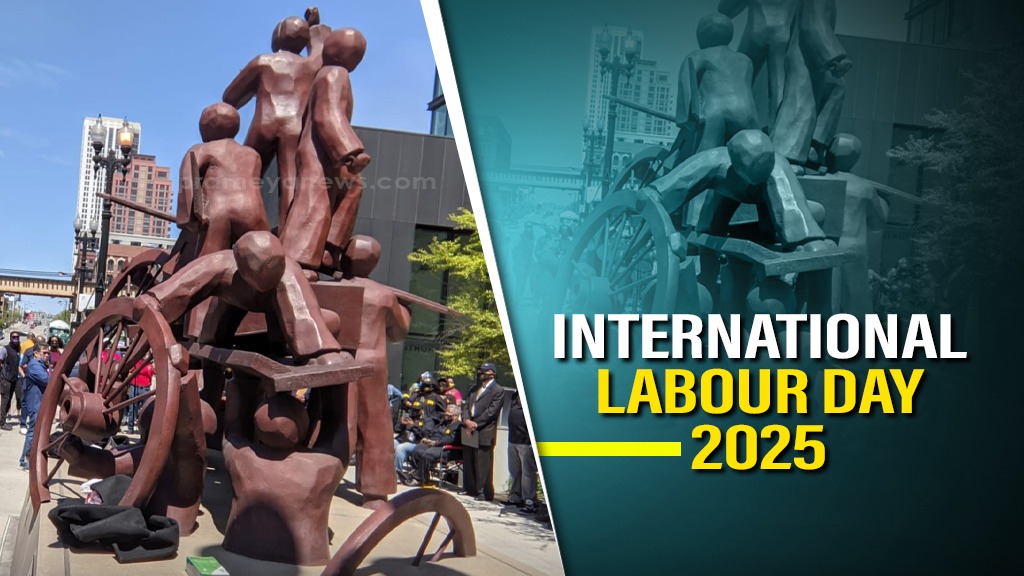

Labour Day, celebrated on May 1st each year, has its roots in a significant historical event, the Haymarket affair in Chicago, 1886.
A bomb explosion during a peaceful labor rally in support of striking workers turned the event violent, resulting in fatalities among both police officers and protesters. This event, known as the Haymarket Affair, became a symbol of the struggle for workers' rights and is often associated with International Workers' Day (May 1).
Since then, Labour Day has become a global occasion to recognize the efforts of workers and advocate for their rights. People around the world participate in rallies, parades, and programs to honor the contributions of workers, reflect on the progress of workers' rights, and address ongoing challenges in various industries.
Why Labour Day Matters
Labour Day is more than just a holiday. It serves to acknowledge the vital role that workers play in building nations through their hard work and dedication. The day celebrates workers' achievements while educating them about their rights, aiming to protect them from exploitation.
It also emphasizes the importance of safe and progressive work environments that promote social and economic progress for workers.
In many countries, Labour Day is a national holiday marked by activities that highlight the accomplishments of the workforce. International Labour Day 2025 will particularly focus on decent work practices, workers' rights in India, and global solidarity.
The Role of Labour in the Economy
Labour is the human effort, whether physical or mental that contributes to the production of goods and services. A labourer is someone who performs such work, and the laws that govern these workers are known as labour laws. These legal provisions aim to ensure the rights and responsibilities of both workers and employers are respected, while labour unions work to represent the interests of the workforce.
India’s Commitment to Labour Rights
In India, the Ministry of Labour and Employment plays a crucial role in protecting the interests of workers, especially the disadvantaged and marginalized. The government focuses on promoting higher productivity, developing vocational skills, and providing social security and welfare for both organized and unorganized sectors.
The government has formulated 44 central labour laws covering issues like minimum wages, workplace safety, social security benefits, and more. These laws also regulate conditions related to employment, discipline, and the formation of labour unions.
India has a large workforce, with 465 million employed individuals, including 437 million in the unorganized sector. This includes workers in agriculture, handloom, fishing, and other informal sectors. To support these workers, India passed the Unorganised Workers’ Social Security Act, 2008, which provides benefits like life coverage, health and maternity benefits, old-age protection, and other welfare programs.
Labour Day is a day to honor workers, recognize their importance in shaping economies, and ensure that their rights are protected. The occasion reminds us of the ongoing need to improve working conditions and promote the welfare of all workers.